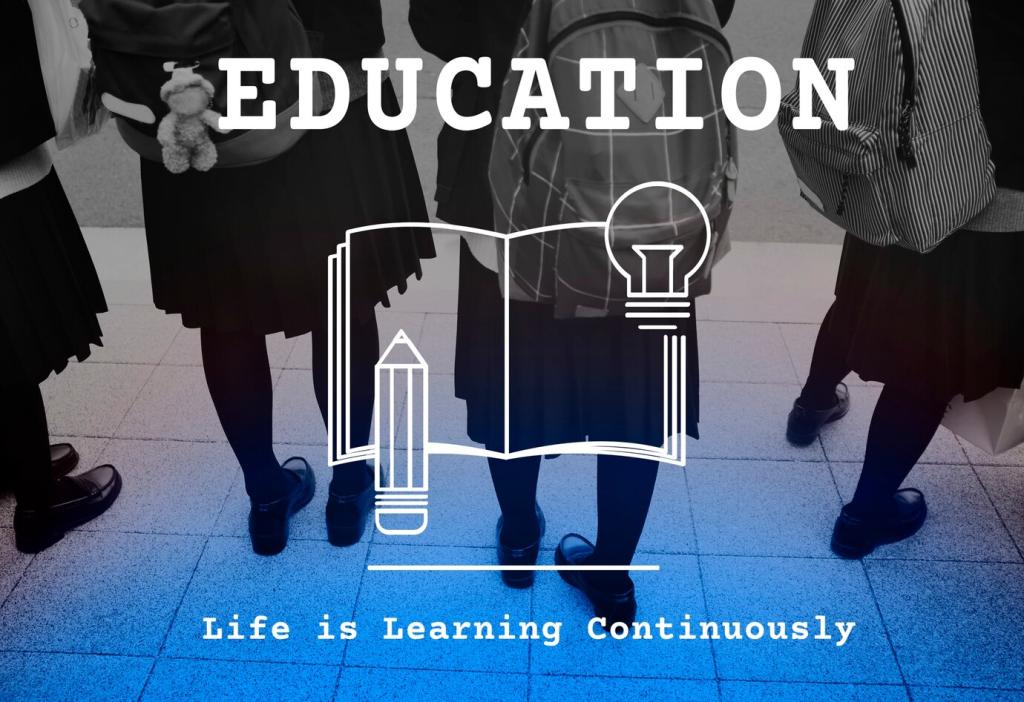Ethics, Equity, and Sustainable Engagement
No endless streak traps or artificial scarcity. Build rest days, opt-outs, and meaningful rewards that respect time. Transparency builds trust. Share how you safeguard wellbeing in your learning culture, and we will compile community practices in an upcoming newsletter.
Ethics, Equity, and Sustainable Engagement
Use clear language, alt text, keyboard navigation, color-safe palettes, and adjustable pacing. Offer multiple paths to mastery so different strengths shine. Which accessibility improvements are highest priority for you? Tell us and we will feature practical checklists you can apply this month.







